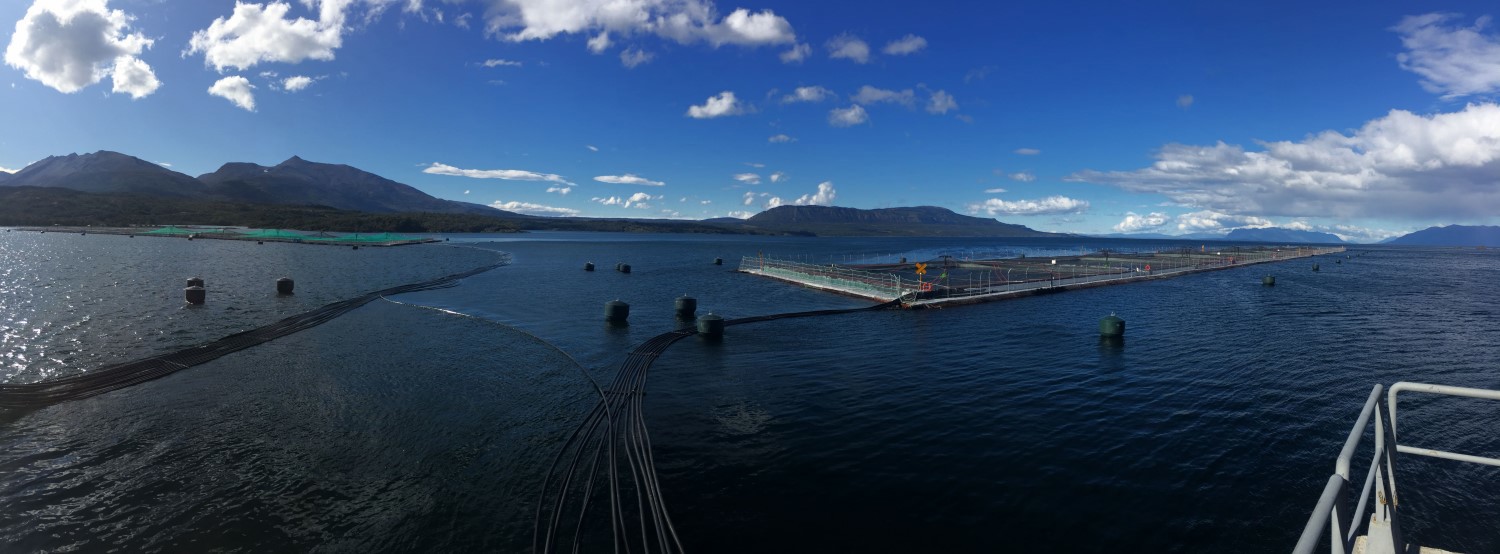Global and local companies operating in Chile, led by Skretting, AquaGen/Blue Genomics, Pharmaq, Centrovet, Cermaq, Blumar and Ventisqueros have started a joint effort specifically aimed at helping Chile’s salmon industry to reduce its antibiotic use.
Pincoy Project: Chilean Salmon Industry presents a collaborative measure to reduce its antibiotic use

In Chile, the salmon industry’s heavy use of antibiotics has long been the subject of fierce criticism, which culminated this year with the National Service of Fisheries and Aquaculture (Sernapesca) revealing it reached its highest level in nine years in 2015.
By far, the No. 1 reason for this high usage was to address Septicemic Rickettsial Syndrome (SRS) challenges, since traditional vaccines and therapies have proved inefficient in dealing with this particular bacterial disease that is currently responsible for 78.9% of the disease-induced mortality and use of antibiotics in Chile, according to Sernapesca.
To make drastic reductions to the Chilean salmon industry’s antibiotic use, concrete collaborative measures must be taken. Therefore, global and local companies operating in Chile, led by Skretting, AquaGen/Blue Genomics, Pharmaq, Centrovet, Cermaq, Blumar and Ventisqueros have launched the groundbreaking Pincoy Project, which aims to address the issue through greater industry joint efforts while also delivering measurable sustainable growth.
The project is named after Pincoy, the male water spirit of the seas from the Chilean mythology of Chiloé who is responsible for singing a song that encourages the Pincoya (his wife) to start her magical dance for the fertility of the sea. The spirit of the Pincoy Project is to improve the efficiency of the salmon industry, not only on the use of antibiotics but also on fish productivity, explains Evy Vikene, project leader in Skretting.
It is the primary intention of Pincoy to take a leadership role and progress beyond the culture of talking about antibiotic reduction by delivering tangible, measurable change. This will be achieved through specific actions, involving all stakeholders at all levels of the production chain
Amongst other things, the carefully structured project that started in 2016, comprises selective breeding, high-quality hatchery diets, careful smolt selection, vaccines, functional feed-based diets, best practice protocols at both the freshwater and seawater stages of growth, and close monitoring and reporting throughout. In its development, Pincoy considered previous efforts developed by Sernapesca and the Salmon Industry Association (SalmonChile), who both see the project as an opportunity for the country to show how, through this collaboration, the Chilean industry can set the basis for potential solutions to reduce the antibiotic use in a sustainable way.